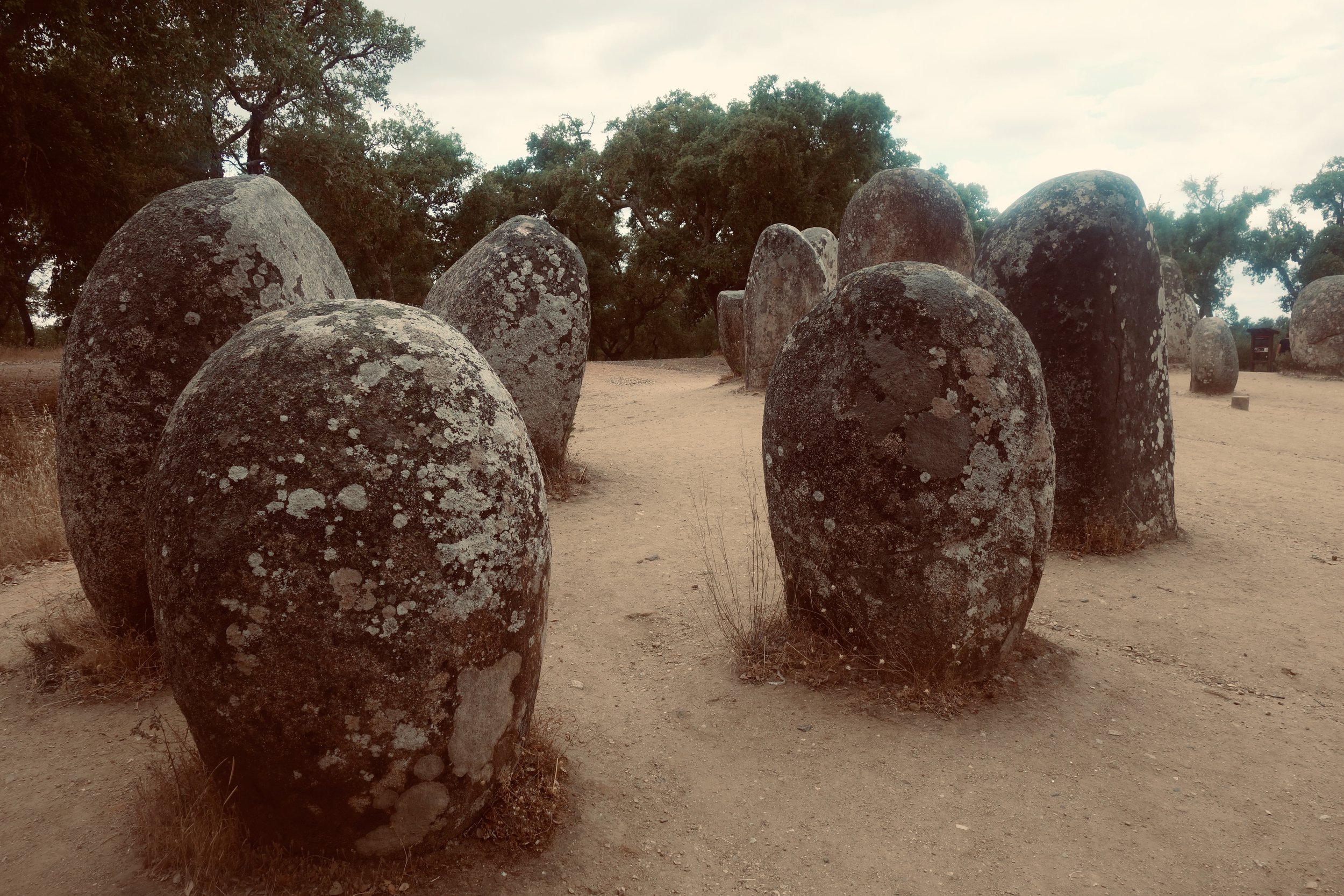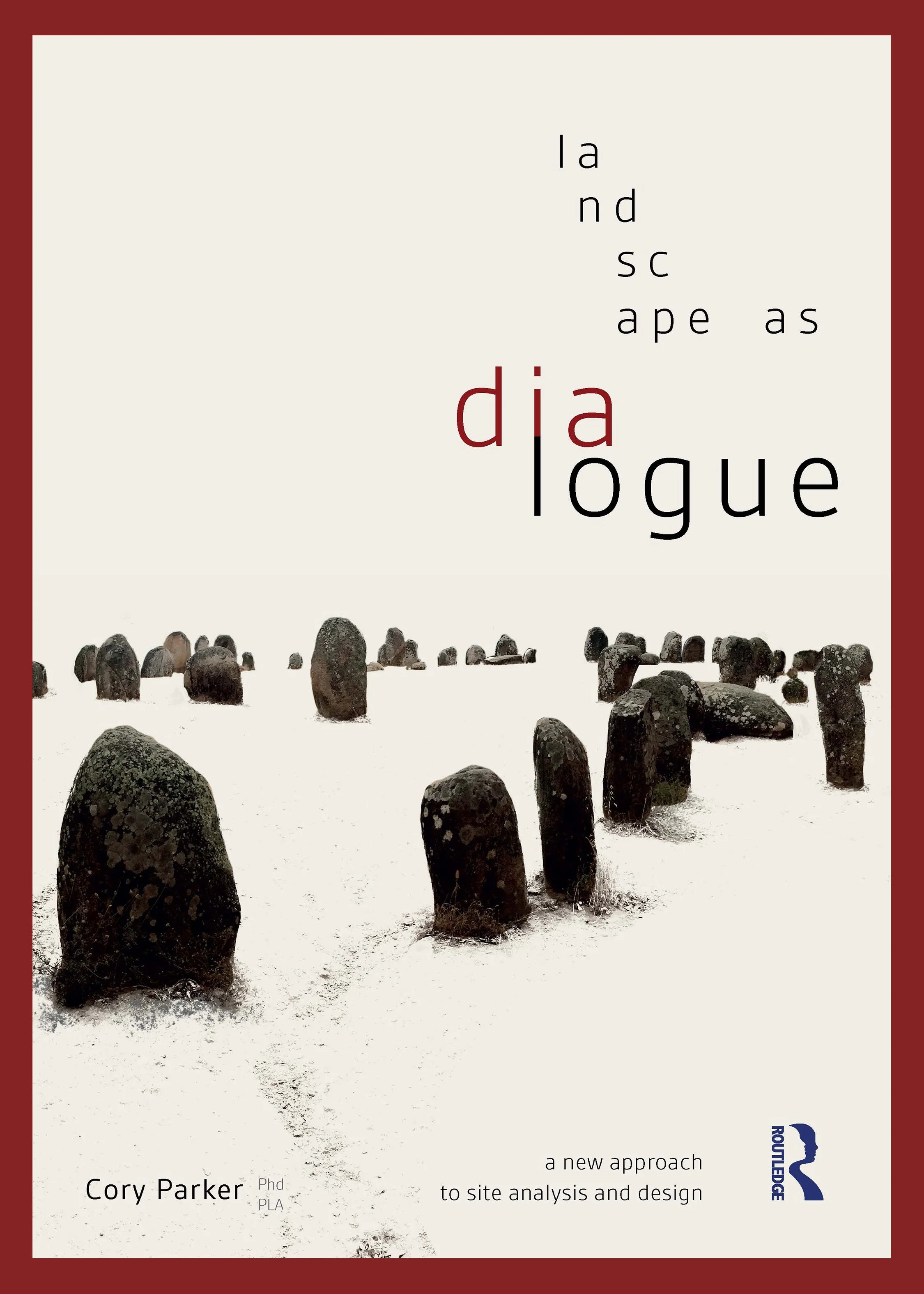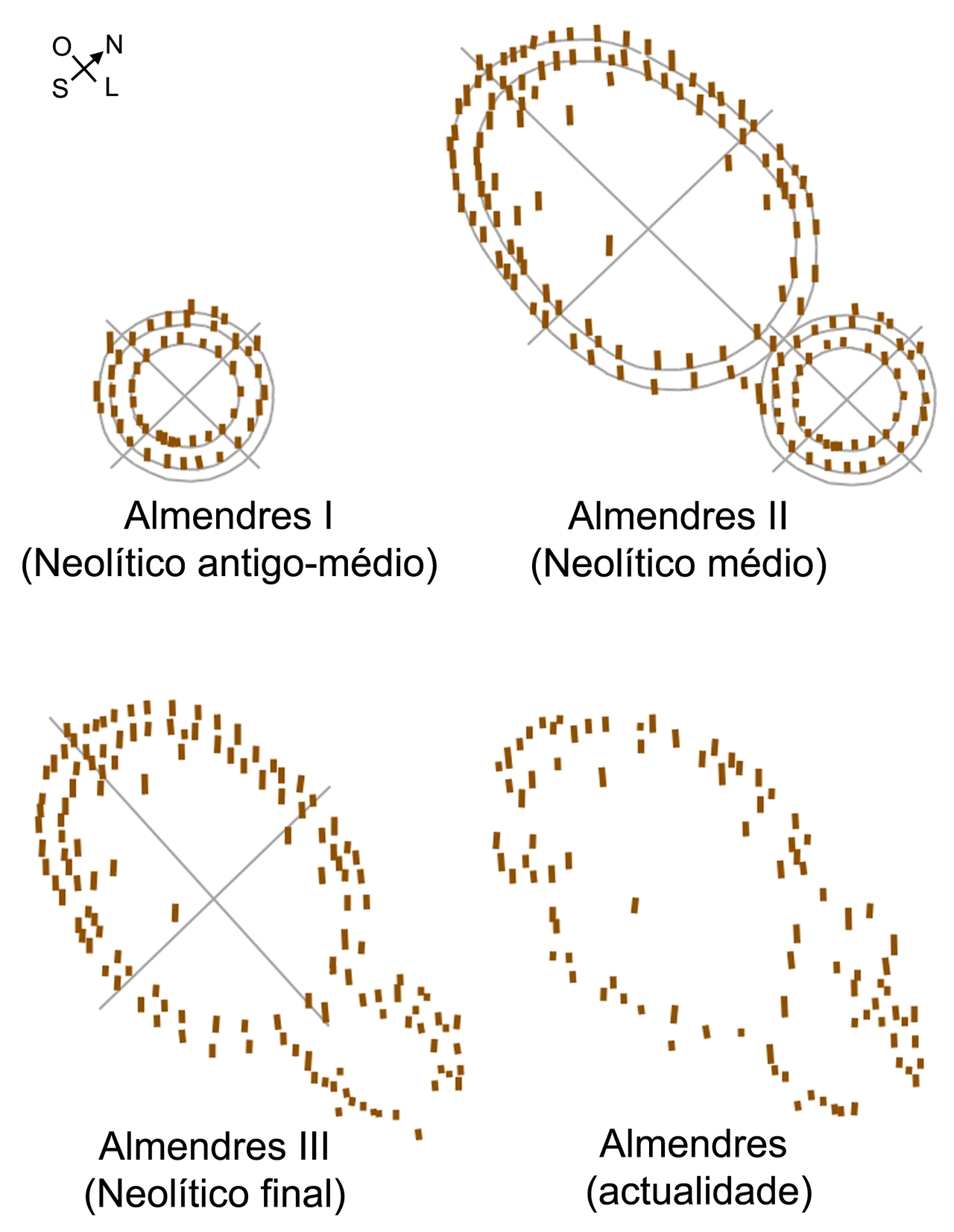
Landscape as dialogue
The relational experience of the landscape to understand a space and transform oneself
I wrote a book…
About the process of evaluating the landscape as a collaborator with place. It rejects traditional site analysis, with its divisions and properties, and embraces a dialogic approach. Designers join an ongoing conversation with the landscape to understand how that place has been produced over time. And how it might change for the better.
The book offers methods of understanding the landscape holistically. It is written for architects, landscape architects, planners and students. To be published by Routledge in April 2025.
Here’s the cover… with a red border that will go away.
From a visit to the Almendres Cromlech near Evora, Portugal, c. 6th century B.C.
Almendres Cromlech over time, Fulviusbsas, CC 3.0
Landscapes change over time…
… and our evaluation of the landscape should embrace change and the temporal.
When we analyze the landscape, what is it we are doing? We perceive our surroundings through multiple senses: seeing, hearing and touching the environment. We form impressions of a place filtered through past experiences of other places both similar and different. We focus on certain landscape elements based on an aesthetic response, both positive and negative. We observe how others interact with a space. We take impressions of the landscape and our scientific and not-so-scientific understanding of a place and draw them, write them down as notes, take them back to an office or home, and let them stew.
When we analyze the landscape, what is it we are doing? We perceive our surroundings through multiple senses: seeing, hearing and touching the environment. We form impressions of a place filtered through past experiences of other places both similar and different. We focus on certain landscape elements based on an aesthetic response, both positive and negative. We observe how others interact with a space. We take impressions of the landscape and our scientific and not-so-scientific understanding of a place and draw them, write them down as notes, take them back to an office or home, and let them stew.

“What do you see?”
The question embraces more than sight, but the close relationship between observer and surroundings.
-
It all begins with an idea. Maybe you want to launch a business. Maybe you want to turn a hobby into something more.
-
It all begins with an idea. Maybe you want to launch a business. Maybe you want to turn a hobby into something more.
-
It all begins with an idea. Maybe you want to launch a business. Maybe you want to turn a hobby into something more.

